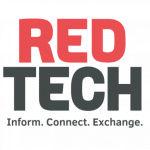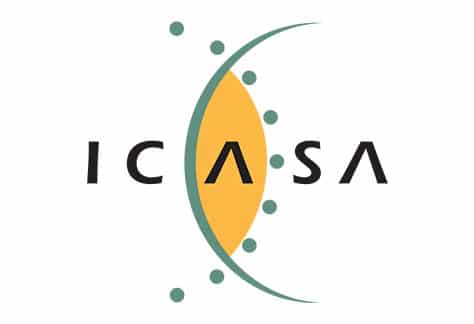DRM Consortium has reported that the the Independent Communications Authority of South Africa (ICASA), has published the digital sound broadcasting (DSB) Services Regulations. The regulation (44469) was published in the Government Gazette on April 23.
In July 2020, the South African government issued its radio digitization policy direction, announcing DRM (in AM and VHF band II FM) and DAB+ as its preferred DSB standards. A draft licensing framework was issued for public comment by ICASA in November 2020. Public hearings were held in January 2021. The final regulations are now public.
A total of 15 stakeholders (including the DRM Consortium, Radio Pulpit, WECODEC, BluLemon and Thembeka & Associates) submitted written representations and participated in the public hearings.
The consortium’s press release notes that the ICASA regulations are following the letter of the policy i.e., that DSB services must complement analog services using DRM in AM (535.5–1606.5 kHz) and FM Band (87.5–108 MHz) and DAB+ in the 214–240 MHz band.
The regulation proposes that the DSB introduction happen in phases. First, the incumbent broadcasters. Then, new entrants in the primary market, and then newcomers in secondary markets. This two phase and two market approach was the subject of debate during the hearings, said the DRM Consortium. Another approach would have been to open the market to all current and prospective players all over the country.
The current document sets out the framework for the introduction of digital sound broadcasting services as well as the procedures to be followed by the applicants, which include public, commercial and community broadcasters, as well as multi-channel signal distributors. Broadcasters can use muxes or simply provide digital signal distribution on their own.
The next stage for the industry is the practical implementation of digital sound broadcasting. ICASA will set up a DSB technical advisory group, DTAG, to work on the smooth transition of DSB services.
The South African DRM Group recently relaunched in preparation for the final regulations. They join the other DRM national platforms (in Germany, India, Brazil, Russia, U.S.) engaged in pushing the rollout of the DRM standard across the BRICS countries and globally. The SA DRM Group and the DRM Consortium hope to play an active role in DTAG.
“This is a great moment for South Africa and the DSB rollout that will offer the population the chance to benefit from digital radio, DRM in particular, as there is a need for universal access to information and education for each citizen, including the 11 million disabled people,” said DRM Chairman Ruxandra Obreja. “There is a clear thirst for connection and betterment and also the pressing need for job creation, especially amongst the youth. DRM can open the doors to all that. Having opted for a dual-standard solution, South Africa has the historic chance to lead the way in radio digitization, becoming an example and an exporter to the whole continent and the world.”

